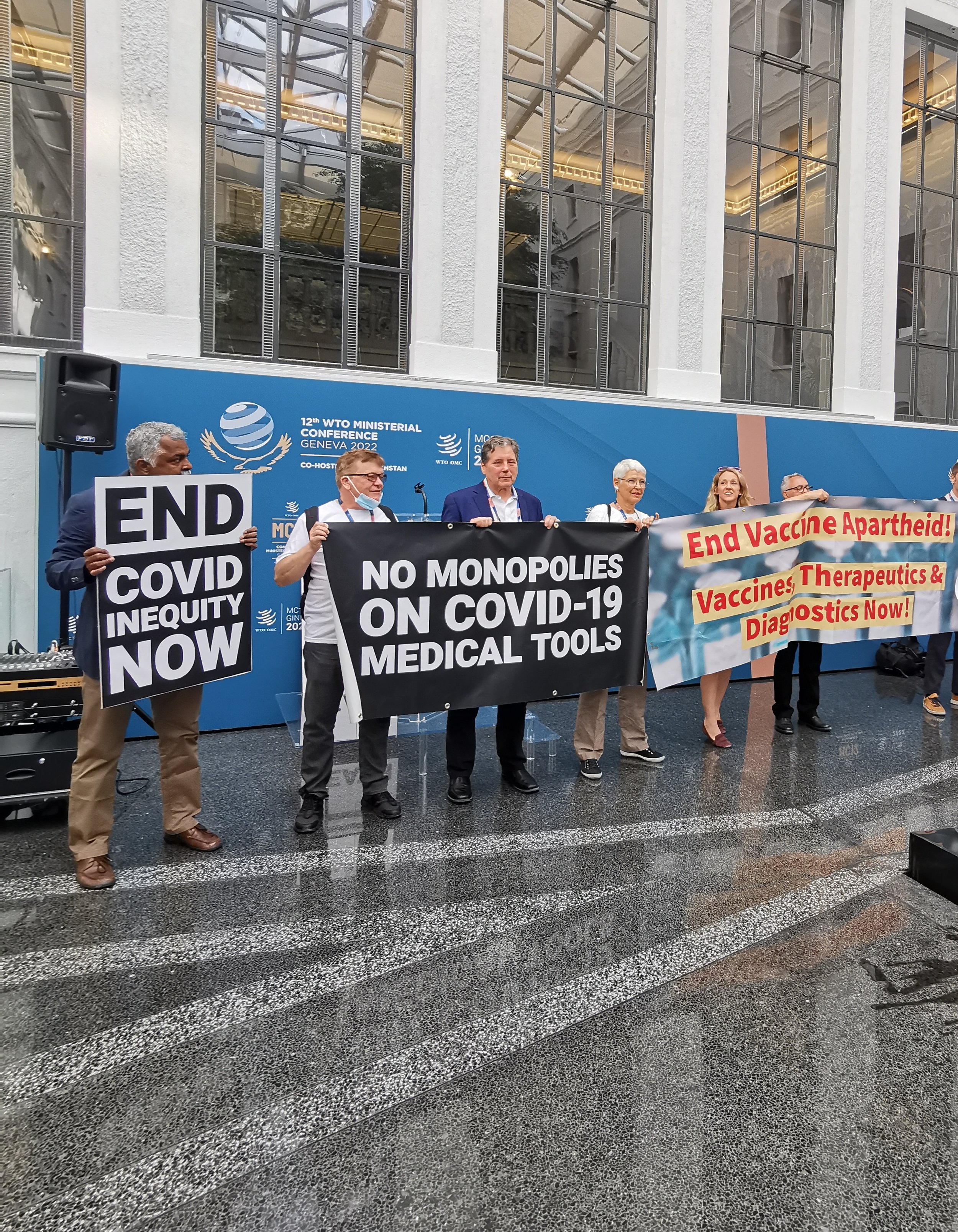
World Trade Organization
The World Trade Organization (WTO) is a multilateral body focused on setting the rules for global trade. Currently there are six Pacific Island Countries that are members of the WTO. The six Pacific Island Countries who are members of the WTO include: Original WTO members PNG, Fiji, and Solomon Islands; and those whom have acceded Tonga, Vanuatu and Samoa.
The WTO is currently negotiating the “Doha Development Agenda”, a round of negotiations aimed at addressing the needs of developing countries. The Doha round was launched in 2001 and is yet to deliver any meaningful outcomes for developing countries. Instead, the rich and industrialised countries are pushing to move beyond the Doha negotiations onto the areas of most interest to them like digital trade and investment.
The latest Ministerial Conference (MC12) held in Geneva was celebrated with great fanfare, yet appears to be a hollow victory for development. The Ministerial produced a number of outcomes but failed to agree on an effective waiver on intellectual property barriers to COVID vaccines, treatments and safety products; reached a hollow agreement on fisheries subsidies; didn’t deliver a permanent solution to public stockholding of food; and failed to progress a genuine development agenda.
To read more about other WTO issues, accompanying texts and resources see the Our World Is Not For Sale network of which PANG is a member.
COVID Intellectual Property Waiver
In 2020 as the COVID19 pandemic was causing millions of deaths and upending economies, India and South Africa submitted a proposal in the WTO to temporarily waive the intellectual property rules that relate to COVID19 therapeutics, vaccines and diagnostics. This would enable greater production and access through removing the barriers that intellectual property monopolies can have. This waiver proposal was supported by the Africa Group, the Least Develop Country grouping, and most of the other developing countries.
This proposal was strongly resisted by the European Union, the US, and other western nations. At the WTO’s 12th Ministerial Conference there was an agreement on a watered down COVID19 waiver. This would only apply to COVID vaccines with a discussion set for six months to consider expanding to therapeutics and diagnostics, a subsequent discussion that appears to be yielding little for health outcomes. This was a poor outcome for those struggling to deal with and access COVID vaccines, all while pharmaceutical companies were making windfall profits from COVID.
Gender and Trade
The trade policies and approaches promoted at the WTO have increased inequality, with women experiencing this most acutely. Despite this, the WTO is attempting to use the rhetoric of economic empowerment of women to push new forms of free trade.
At the 2019 Ministerial Conference, a Joint Declaration on Trade and Women's Economic Empowerment was released, with Pacific Members Fiji, Samoa, Tonga and Vanuatu endorsing it.
In response over 160 women’s rights organisations released a letter stating that “the declaration is a ‘pink herring’, an attempt to obscure the harm WTO provisions have on women while ensuring the WTO can bring in ‘new issues’, likely to deepen inequality.”
WTO Accessions
There are six Pacific Island Countries who are members of the World Trade Organization - Fiji, Solomon Islands, Papua New Guinea, Samoa, Tonga and Vanuatu. Three of those – Tonga, Vanuatu and Samoa – underwent accession, a process that involved them paying a high price for their membership.
The process of WTO accession means that an aspiring Member must meet the demands of any existing member, creating an asymmetry against smaller economies like Pacific Island Countries, and often resulting in commitments that go beyond those of developed country members.
Watch and read more about the experiences of Tonga, Vanuatu and Samoa




